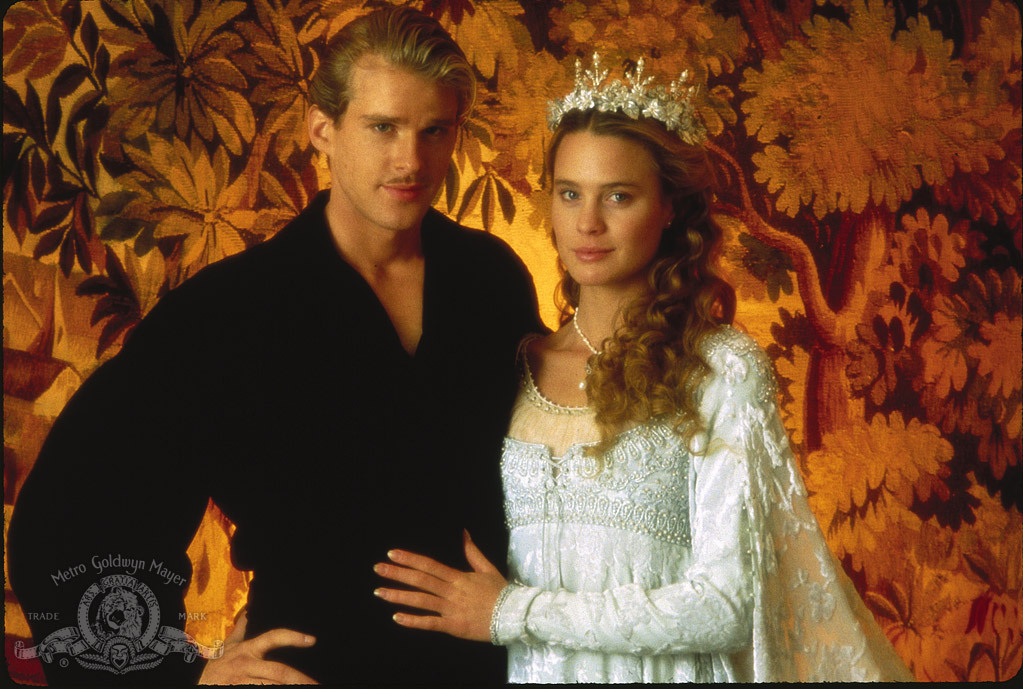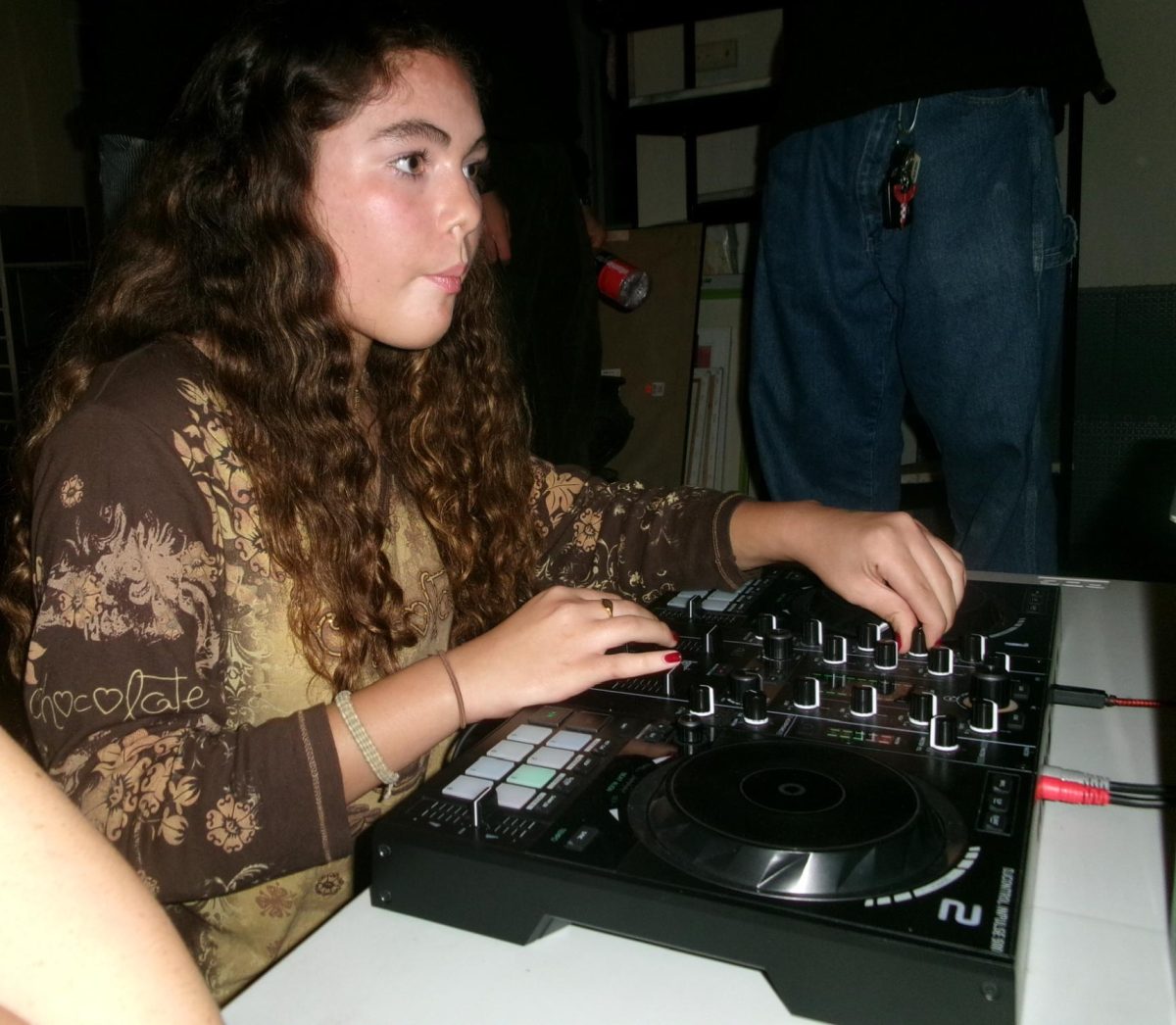
Saying “I’m sorry” always seems like the hardest thing to do, whether what you are apologizing for was your fault or not. I find that, no matter what the situation, I am always the one to say “sorry.”
After years of apologizing for countless things (that I may not have even done), I recently realized something very important both about myself and about the society we live in: we say “sorry” to those we care about because we feel like we have to, even if we are not the ones who should be apologizing. In order to keep relationships alive with those who matter to us most, there are often moments in which we must be the bigger person. I tend to feel as though I am always being the bigger person. I understand that many people probably feel this way, too. It becomes a pattern. Due to today’s societal constructs, we have been taught that saying “sorry” is something we have to do. If the people we love are upset with us, it is our job to fix the problem with which they are unhappy. Because it is constantly carved into our lives that we must feel bad for our actions, teens, in particular, feel the need to constantly compensate for their insecurities by apologizing for just about everything. These urges to cover up my insecurities cause me to feel a sense of guilt or remorse towards those whom I may be harming.
No matter the situation, it has become apparent to me that I am ultimately too scared of losing the friendship to really express how I am feeling. This leads to the automatic, “I’m so sorry/how can I make it up to you?” spiel. Although owning up to the fact that you may be in the wrong can be a good thing, there is a difference between an honest and well-deserved apology and a forced one of habit.
When you say “sorry” without any real intention or feeling, there is little to no genuine feeling that accompanies the apology, and a heartless apology does nothing but cause further sadness and emptiness. By perpetuating the cycle of impersonal apologies, my friendships become arduous, and often I feel as though I am walking on eggshells with the people I care about. I realize my biggest issue with my friendships and saying sorry stems from a place of insecurity. I constantly feel hyper-aware regarding my relationships with friends, teachers, coaches, siblings, and even my parents. This hyper sensitivity causes me to assume that I am doing something wrong. As a result, I feel compelled to apologize for almost everything I think, feel or do. Recently, I was looking back on a fight I had with a friend of mine.
She said something that I didn’t appreciate, and my first instinct was to apologize for saying I didn’t like how she had treated me. After taking a second to think, I realized there wasn’t anything wrong with being honest and telling her how I felt. Now normally, I immediately revert back to the idea that I am in the wrong, just because that is how my self-conscious brain works. But there was something liberating in being honest and not having to apologize for something I didn’t do.
When taking a step back, we can realize that we do not need to constantly feel bad about ourselves and our actions. Sometimes it is okay to say, “Hey, I am in the right here. Let’s take a step back and look at this from both sides.” Although it is a slippery slope, finding the right time for this response just may be the healthiest way to foster a long-lasting relationship.



